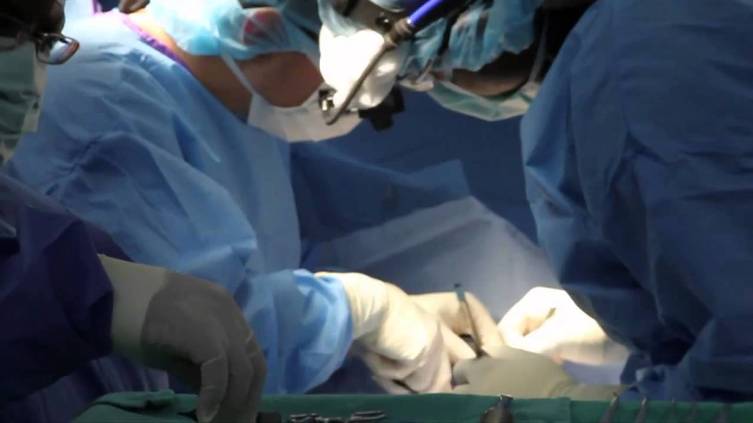A recent study has shed light on the potential relationship between sexual activity and the development of specific types of cancer. While the research is still in its early stages and requires further investigation, preliminary findings suggest that there may be a link between sexual behavior and the risk of certain cancers.
This article aims to provide an overview of the study’s key findings and highlight the importance of further research in this area.
The study, conducted by a team of researchers from various institutions, analyzed data from a large cohort of individuals over several years. The researchers examined the association between sexual activity and the incidence of different types of cancer.
Prostate Cancer:
The study revealed a potential connection between sexual activity and the risk of prostate cancer in men. According to the findings, men who reported a higher frequency of sexual activity had a slightly increased risk of developing prostate cancer.
However, it is crucial to note that this association does not imply causation, and other factors such as age, genetics, and lifestyle choices can play a significant role.
Cervical Cancer:
The research also suggested a possible link between sexual activity and the risk of cervical cancer in women. The study found that certain sexual behaviors, such as early sexual debut, multiple sexual partners, and unprotected sex, were associated with an elevated risk of developing cervical cancer.
These findings highlight the importance of practicing safe sex and undergoing regular cervical cancer screenings, such as Pap smears, to detect any abnormalities early on.
Ovarian Cancer:
The study indicated a potential correlation between sexual activity and the risk of ovarian cancer in women. Specifically, women who had a higher number of lifetime sexual partners appeared to have a slightly increased risk of developing ovarian cancer. However, further research is needed to establish a definitive link and understand the underlying mechanisms involved.
While this study provides valuable insights into the potential associations between sexual activity and certain types of cancer, it is crucial to interpret the findings with caution. The research is still in its preliminary stages, and additional studies are required to confirm and better understand these relationships.
It is important not to draw definitive conclusions or create unnecessary alarm. Nonetheless, the study underscores the significance of ongoing research in this area and the importance of promoting safe sexual practices and regular cancer screenings to minimize the risk of developing these cancers.












